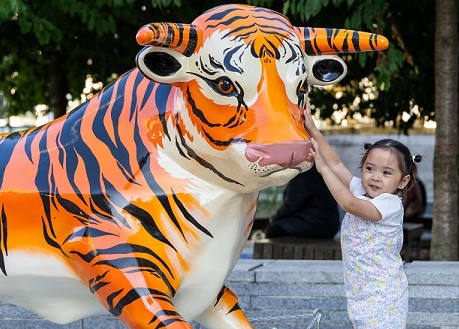At next month’s UN Climate Change Conference COP29, world leaders will assemble to discuss how to tackle the climate crisis.
At SPANA (the Society for the Protection of Animals Abroad), our goal is for the world of working animals to thrive and grow sustainably as part of the nexus between animals, people and the environment. People have historically exploited animals and the environment, while failing to appreciate the critical interdependency between them. Sadly, the climate crisis is a result of that exploitation.
In the past year, countries where SPANA works – including Iraq, Kenya, Mali, Namibia, Tanzania, Tunisia and Zimbabwe – have experienced devastating climate-related events such as severe flooding, deadly landslides and prolonged droughts. It’s clear that the climate crisis is having a catastrophic impact across the world and making life more difficult than ever for working animals and their owners.
The climate crisis is a fundamental threat to the health of animals, people and the environment. When disasters strike, it’s usually the most vulnerable in society who are most severely affected – including those in low-income countries where SPANA works.
Extreme events are increasing in frequency, intensity and scale. That’s why SPANA ensures that those at risk are prepared – and that we are ready to act when needed.
On the ground support, emergency feed and lifesaving veterinary treatment to working animals in need is provided. The threat posed by climate change to working animal welfare is only going to grow if we don’t act now.
With over 200 million working animals worldwide, SPANA’s work is essential in protecting these vital animals – the trucks, tractors, and taxis of rural communities. Safeguarding and treating these animals aren’t just compassion – it’s essential to avoiding ecological and economic disaster.
That’s why SPANA is calling on world leaders to consider the protection and care of working animals in their COP29 discussions. These animals are vital to sustainability, and their welfare must be part of the global climate agenda.
From World Animal Day (4 October 2024), you can find out how you can show your support for working animals affected by the climate crisis by visiting: www.spana.org.











